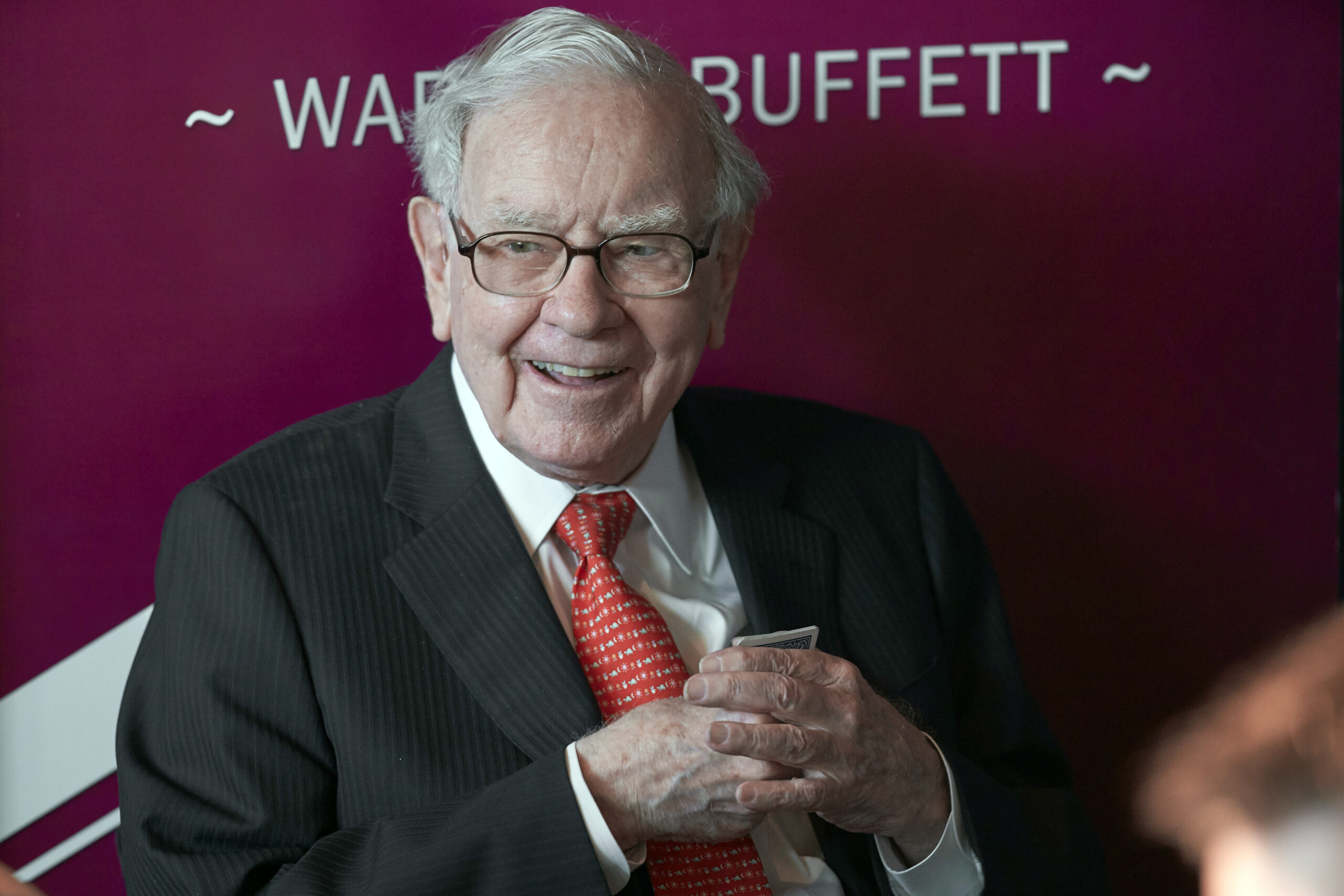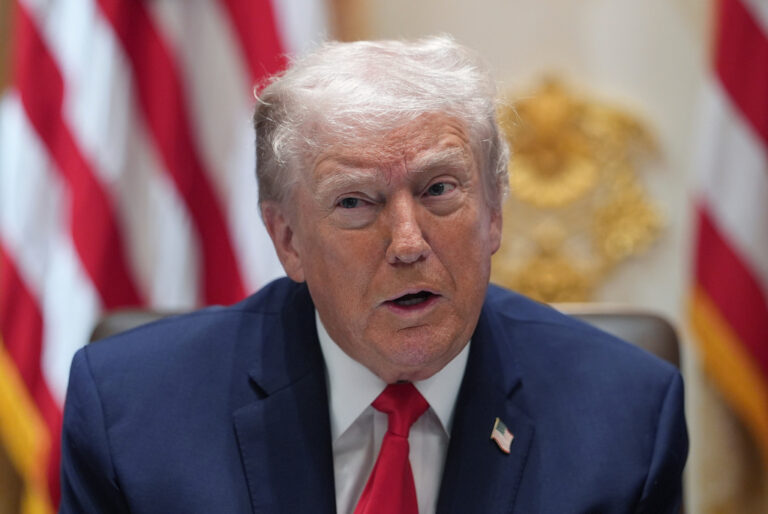Warren Buffett’s company has reported a nearly $13 billion loss in the third quarter as the paper value of its investments fell, but the companies it owns — particularly the insurers — generally performed well.
Berkshire Hathaway said Saturday that it lost $12.8 billion, or $8,824 per Class A share, in the quarter. That’s significantly bigger than the $2.8 billion loss, or $1,907 per Class A share, that it reported a year ago.
But most of those investment losses are unrealized because Berkshire didn’t actually sell most of its stocks with its biggest holding being a massive stake in Apple. Accounting rules require it to include the value of its investments, which it put at $341.1 billion at the end of the quarter, in its earnings. Last quarter, it said its stock portfolio was worth $353 billion.
That’s why Buffett has long said investors are better served focusing on Berkshire’s operating earnings, which exclude the value of its investments that can vary widely quarter to quarter. By that measure, Berkshire said its operating profit jumped nearly 41% to $10.8 billion, or $7,437.15 per Class A share. That’s up from $7.65 billion, or $5,215.60 per Class A share, a year ago.
The three analysts surveyed by FactSet Research expected Berkshire to report operating earnings per share of $6,540.23 on average.
Berkshire’s insurance unit was helped by relatively low losses related to major catastrophes like hurricanes this year and a rebound in Geico’s profits. Altogether, Berkshire’s insurers contributed $2.4 billion to its operating profit. A year ago, the insurers reported a $1.1 billion loss in the third quarter.
CFRA Research analyst Cathy Seifert said the insurance results reflect Berkshire’s pricing power in commercial and reinsurance because it was able to raise rates on many of its policies, and the changes Geico made.
Geico improved its profits by raising its rates nearly 17% over the past year and cutting the number of policies it writes by 13%. Seifert said that helps in the short run, but investors probably won’t learn more about Berkshire’s long-term strategy at Geico until the annual meeting next May because Berkshire doesn’t take questions on its quarterly reports like most companies do.
“I think strategically investors are going to want to know what the go-forward strategy for Geico is because they’re really pulling back and that’s helping results. Strategically, that’s not always sustainable,” Seifert said.
In addition to insurers, the Omaha, Nebraska-based conglomerate owns BNSF railroad, several major utilities and an eclectic assortment of manufacturing and retail firms including aviation parts maker Precision Castparts, See’s Candy, Dairy Queen and Helzberg Diamonds.
Profits fell at the railroad to $1.2 billion from last year’s $1.4 billion as BNSF hauled nearly 5% fewer shipments with the biggest drop in volume coming in consumer products.
The utility unit contributed only $498 million to Berkshire’s operating profit, down from $1.6 billion a year ago as its operating expenses soared 55% to $3.7 billion. The biggest driver in that increase in expenses was a $1.3 billion loss related to wildfires at its PacifiCorp unit.
Berkshire got a $183 million boost in the quarter from its acquisition of 80% of the Pilot Flying J network of truck stops that it made at the start of the year, but the quarterly report made no mention of the lawsuit Pilot’s founding family recently filed to settle a dispute over how much Berkshire will pay to eventually acquire the remaining 20%.
Edward Jones analyst Jim Shanahan said he wonders if that dispute with the Haslam family will hurt Berkshire’s reputation as a benevolent acquirer of companies. Buffett is known for holding acquisitions long term and largely letting Berkshire’s companies run themselves with little interference from headquarters. That hasn’t been the case with Pilot, where Berkshire installed a new CEO early this year. The Haslams have said Berkshire was the only company they considered selling to back in 2017 when they agreed to the deal because of their respect for Berkshire and Buffett.
“I wonder if this has harmed his reputation in the marketplace where they might be interested in selling to Berkshire, but then they see this situation with the Haslam family and it gives them some pause,” Shanahan said.
Berkshire did repurchase $1.1 billion of its own stock in the quarter, but the pace of its buybacks is down considerably from the first quarter, when it bought $4.4 billion of Berkshire shares. Buffett only buys back Berkshire’s shares when he believes they are selling for a bargain.
Buffett continues to sit on a massive pile of cash because he hasn’t made any major investments or acquisitions this year. Berkshire had $157.2 billion in cash at the end of the quarter, up from $147.4 billion at the end of the second quarter.
(AP)











